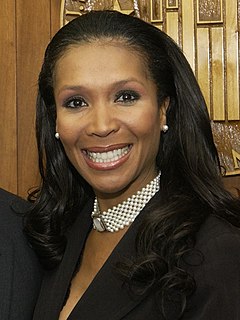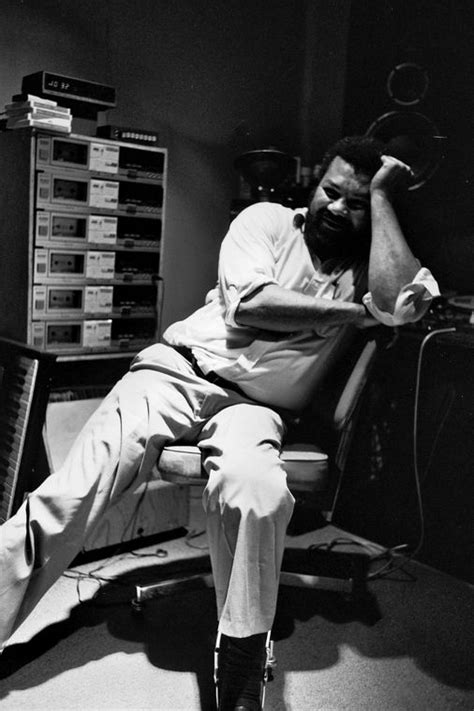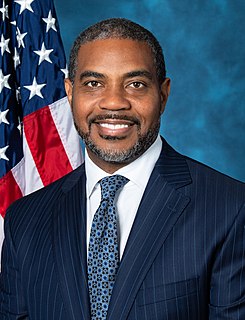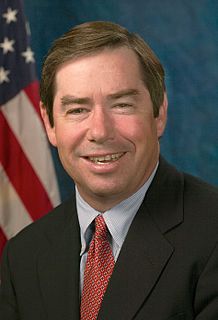A Quote by Angela McGlowan
Growing up in Mississippi - a state that historically was a place of racial injustice, inequality and oppression - gave me the unique opportunity to experience first-hand the evolution of the civil rights movement through the eyes of my parents, grandparents, and the black elders of our community.
Quote Topics
Black
Civil
Civil Rights
Civil Rights Movement
Community
Elders
Evolution
Experience
Eyes
First
First-Hand
Gave
Grandparents
Growing
Growing Up
Hand
Historically
Inequality
Injustice
Me
Mississippi
Movement
Opportunity
Oppression
Our
Our Community
Parents
Place
Rights
Rights Movement
State
Through
Through The Eyes
Unique
Up
Related Quotes
The civil rights movement didn't deal with the issue of political disenfranchisement in the Northern cities. It didn't deal with the issues that were happening in places like Detroit, where there was a deep process of deindustrialization going on. So you have this response of angry young people, with a war going on in Vietnam, a poverty program that was insufficient, and police brutality. All these things gave rise to the black power movement. The black power movement was not a separation from the civil rights movement, but a continuation of this whole process of democratization.
As Dr. King said, an injustice anywhere is a threat to justice everywhere. It is that creed of the civil rights movement that still motivates us today...So today, we take up the cause of joining arms with our immigrant brothers and sisters in that spirit... to lend a hand to those who confront injustice as a result of a broken immigration system.
In less than a century we experienced great movement. The youth movement! The labor movement! The civil rights movement! The peace movement! The solidarity movement! The women's movement! The disability movement! The disarmament movement! The gay rights movement! The environmental movement! Movement! Transformation! Is there any reason to believe we are done?
For black politicians, civil rights organizations and white liberals to support the racist practices of the University of Michigan amounts to no less than a gross betrayal of the civil rights principles of our historic struggle from slavery to the final guarantee of constitutional rights to all Americans. Indeed, it was practices like those of the University of Michigan, but against blacks, that were the focal point of much of the civil rights movement.
I was involved in the civil rights movement way back in the late '50s and through the '60s and '70s. I was doing a civil rights musical here in Los Angeles and we sang at one of the rallies where Dr. Martin Luther King spoke, and I remember the thrill I felt when we were introduced to him. To have him shake your hand was an absolutely unforgettable experience. Even before I could vote, I was involved in the political arena.


































